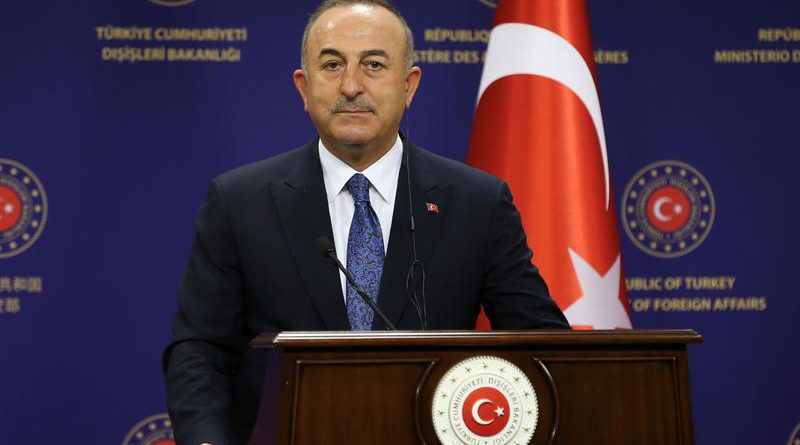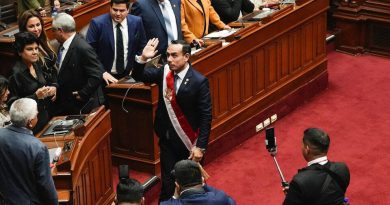Turkey says will not reverse Russian S-400S purchase despite US sanctions
Ankara (Reuters) – Turkey will not reverse its purchase of Russian S-400 missile defence systems and will take reciprocal steps after evaluating U.S. sanctions imposed over the acquisition, Foreign Minister Mevlut Cavusoglu said on Thursday.
The United States on Monday imposed sanctions targeting fellow NATO member Turkey’s Defence Industry Directorate (SSB), its chief, Ismail Demir, and three other staff for buying the S-400s.
President Tayyip Erdogan said on Wednesday the sanctions were a “hostile attack” against Turkey’s defence industry, and were bound to fail.
Cavusoglu said Turkey’s response would be shaped by a review being carried out by the defence sector, along with the foreign and justice ministries, into the impact of the sanctions.
“We will surely take our steps in line with these,” he told broadcaster Kanal 24. “It’s not important whether the sanctions are soft or harsh, sanctions in themselves are wrong,” he said.
“Looking at the content of the sanctions, these are not measures that will shake us to the core or impact us very much.”
Turkey says it bought the S-400s out of necessity as it was unable to get defence systems from a NATO ally on satisfactory terms. “If there was to be a step back, it would have happened by now,” Cavusoglu said.
The United States says the S-400s pose a threat to its F-35 fighter jets and to NATO’s broader defence systems. Turkey rejects this and says S-400s will not be integrated into NATO.
Speaking to the state-owned Anadolu news agency, SSB Chairman Ismail Demir played down the impact of the measures, saying they did not affect existing contracts, and covered only a limited number of Turkish companies.
“For instance, a company where the SSB hold a majority stake may be impacted, but there are close to no such firms. There are no such firms on critical projects,” he said.
The sanctions come at a delicate moment in fraught relations between Ankara and Washington as Democratic President-elect Joe Biden gears up to take office on Jan. 20, replacing Republican incumbent Donald Trump.
Asked whether ties could normalise under Biden, Cavusoglu said Washington must address Turkey’s opposition to U.S. support for Syrian Kurdish fighters, and Ankara’s request to extradite a U.S.-based cleric it accuses of organising a 2016 coup attempt.
“If the United States thinks strategically, they need Turkey very much. They say this, but they must do what is necessitated by this,” he said.



